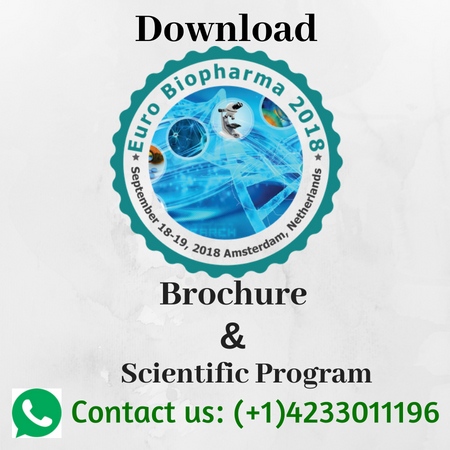
Debabrata (Dev) Mukhopadhyay
Mayo Clinic College of Medicine and Science, USA
Biography
Debabrata Mukhopadhyay Professor of Biochemistry and Molecular Biology, Mayo Clinic, Rochester, MN, has a joint appointment with the Department of Physiology and Biomedical Engineering and Associate Director of Mayo Clinic Comprehensive Cancer Center for Global Alliances. He has a broad background in tumor microenvironment, with specific training and expertise in key research areas including Cancer, Cardiovascular Diseases, and Diabetes. As a postdoctoral fellow, later as an independent investigator followed by as an Associate Professor at Harvard Medical School, Boston, he carried out angiogenesis and tumor microenvironment related research. After moving to Mayo Clinic as a Professor and also as Directors of both Tumor Microenvironment and Nanomedicine programs, he has been supervising additional research areas including stellate cell biology, new drug delivery systems and trained several young investigators who are now independent faculties in different institutes. Recently, he has received a Tumor Microenvironment Training Grant (T32) from National Cancer Institute. Additionally, he has initiated the biannual Mayo Clinic Angiogenesis and Tumor microenvironment Symposium, which has been widely attended by international and national scientists and also Mayo Clinic and University of Minnesota Nanotechnology workshops. He has been serving as reviewer for several study sections in NIH, and also international funding agencies and also participating as editorial board members of well received journals including Cancer Research and Nanomedicine.

